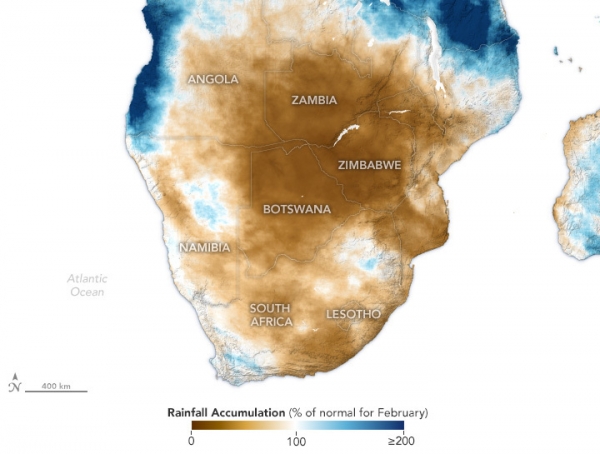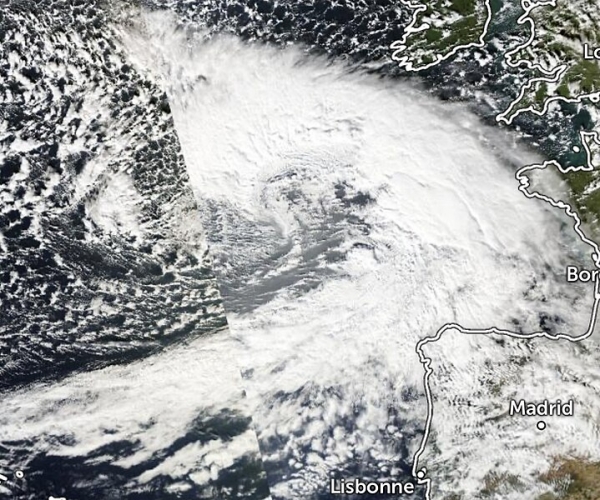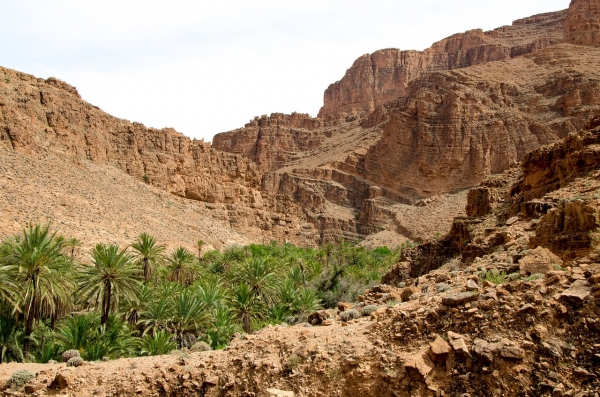On August 10, 2020 a powerful derecho windstorm blasted the Duane Arnold nuclear power plant in Iowa.
articles
Exposure to Air Pollution During the First Two Years of Life is Associated with Worse Attention Capacity in Children
A growing body of research shows that exposure to air pollution, especially during pregnancy and childhood, may have a negative impact on brain development.
Severe Drought in Southern Africa
A prolonged dry spell in southern Africa in early 2024 scorched crops and threatened food security for millions of people.
A Giant Galactic Explosion Catches Galaxy Pollution in the Act
Astronomers have produced the first high-resolution map of a massive explosion in the nearby galaxy NGC 4383, providing important clues on how the space between galaxies is polluted with chemical elements.
AI Weather Forecasts Captured Ciaran’s Destructive Path
Artificial intelligence (AI) can quickly and accurately predict the path and intensity of major storms, a new study has demonstrated.
World’s Oases Threatened by Desertification, Even as Humans Expand Them
Humans have artificially expanded many of the world’s oases, but the water-intensive practice is often not sustainable.








